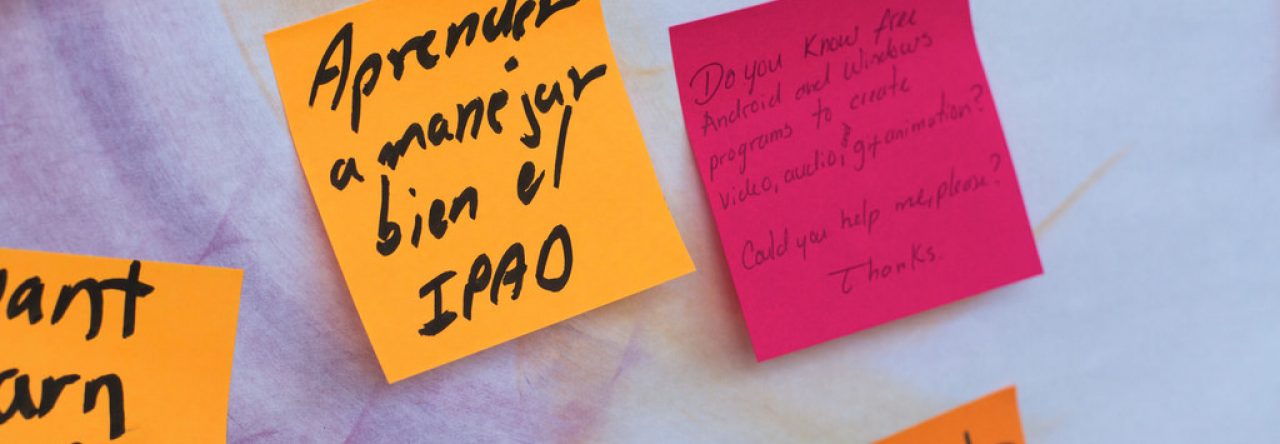Halt. If you have not read “About Me” go back and read it before continuing, as this is a continuation of it.
As stated in “About Me”, I said that originally I thought history was only about dates, events, and people. You can guess that it is part of history, but not all. History is also a way of interpreting and understanding what had happened, in your own point of view. Basically you can never tell what truly and fully happened. Even from primary source, facts can be changed or left out, and those facts could be crucial to fully understanding what happened. You need to fill in those gaps using what information you can use. You need to construct your own understanding of what happened. As well you need to understand how certain events affected other events, because if one thing in the past changes, the future will change.
As asked by the instructor, I am to put my final reading log here which was supposed to reflect “How To Do History”. I did fix spelling errors, hope that’s okay.
What have I learned about history and historical thinking this term?
I many ways I learned a little and I learned a lot. I knew many different key points in Canada’s history. Certain events, dates, and people, but did I really know how to do history? I thought I did, but through the course of the semester my answer did change.
When I initially registered for the class I thought that I was just going to learn more key events, dates, and characters that had influences on the past. My prior history classes just covered these aspects and was all in remembering them. However that is about half of what history is. The events of the past do form the present. If a certain event had a changed outcome or never happened it would affect the future. It’s like the banana tree and scientist idea, were the scientist goes back in time and accidentally kills the banana tree when it was a sapling, causing it to not exist when the scientist gets back to the present. It is important to know that those events have shaped the world, but learning the history is important. It is said that those who do not learn history are destined to repeat it, but what does that really mean? It means that if you learn the bad you can avoid it in the future. This is where my original thoughts were diverging.
As I said, I thought history was all about dates, but it is more. Not only are the events important to know, they are important to understand. When doing history one needs to keep in mind that what they are learning is simply one persons perspective of the past. All that is taught, is not always all true. Even primary sources can be shifted slightly, so the reader needs to try to make their own understanding of what happened. As well events are not independent of each other. All events, no matter how small, have impacts and readers need to try to connect the dots of history. How events inflicted others and why they did. Again the reader needs to make their own interpretation of what they know, and their interpretation can be similar to others, but it should always have the reader’s perspective.
History is not all dates. It is more. Everyone will have different views of the past, so when doing history we need to understand their understandings of what happened and why. So many little details are left out of history. All frontline soldiers are forgotten in the books, so what about their stories. When doing history we need to see as many different perspectives of the past and use them to create our own understanding, our own perspectives, and our own interpretations. Let us not forget anything that has. In the end it is all important to the creation of our society and it needs to be understood, because everything we do, every thought we have, everything we understand, will all be history.
